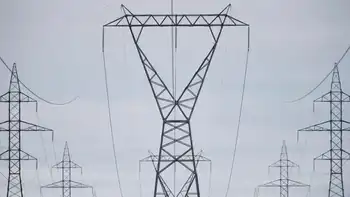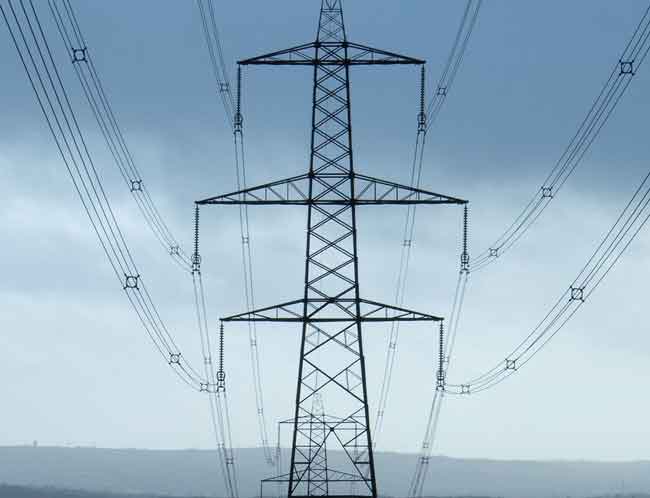Scotland approves major transmission upgrade
BEAULY, SCOTLAND - Scotland's bid to become a renewable energy powerhouse in Europe took a giant step forward as the government granted permission for energy companies to build a controversial 220-kilometer electricity transmission line.
Scottish and Southern Energy plc (SSE) and ScottishPower have been given the green light to upgrade the existing 132-kilovolt (kV) overhead electricity transmission line with a 400-kV line between Beauly, near Inverness, and Wharry Burn, near Stirling.
ScottishPower was granted permission to upgrade to the high-voltage transmission line between Beauly and Denny, near Falkirk, to 400 kV. The project will cost an estimated £350 million (US $558 million), and work could start as early as this summer.
The companies argued that the upgrades are critical to Scotland's ability to harness the power from the large number of renewable energy projects currently under way in northern Scotland. Onshore wind in Scotland generates more than 1,880 megawatts (MW), and hydropower contributes almost 1,500 MW. There is also huge offshore wind potential in Scotland, which will be exploited more fully in the coming years.
The Scottish government aims to meet 50% of the country's electricity demand from renewables by 2020.
However, the decision to allow 600 pylons to cut through some of Scotland's most scenic territory has resulted in outrage from many quarters, but has been greeted positively by both the energy companies and renewable energy groups.
Commenting on the announcement, Director of WWF Scotland Dr. Richard Dixon said: "Scotland has set a great example with the strongest climate change legislation in the world. However, for that example to be credible, we must be seen to be delivering at home in all sectors from energy, transport to agriculture. We need to invest in infrastructure to deliver renewable electricity to the place it is needed. Beauly-Denny is an important north-south connection."
The planning process has been one of the longest in Scottish history, and the decision has been one of the most controversial. More than eight years have passed since the initial attempts to obtain planning permission for the project, which included 18 months of pre-application public consultations and 10 months of evidence during the largest public inquiry in Scotland since devolution.
"This project has rightly been subject to a huge degree of scrutiny, but the need to provide more electricity network capacity for indigenous, renewable sources of energy is overwhelming," said Colin Hood, chief operating officer of SSE, following the decision.
"Upgrading the line will allow us to do that and help Scotland tackle the issues highlighted by the Scottish Climate Change Act, which was passed unanimously by members of the Scottish Parliament in 2009.
"We hope to be in a position to get construction under way this summer, and we will implement a program of meetings and events along the route in order to inform landowners, local communities and statutory bodies about our construction timetable, when it is agreed. Our priorities now are to confirm the conditions associated with Ministers' consent can be satisfied and to make sure that building the new line and dismantling the old one are done with the minimum possible impact."
Frank Mitchell, director of ScottishPower Energy Networks, added: "The Beauly-to-Denny power line upgrade is essential to help Scotland achieve its renewable energy potential. All aspects of the proposal have been thoroughly scrutinized over the last three years, and we are pleased that the Scottish government has approved the upgrade. The requirement for a mix of lower carbon indigenous sources to meet people's energy needs means this country has to draw on the vast potential of the natural resources in the north of Scotland. An upgraded line will help unlock that potential, generate new jobs and help Scotland, the UK and Europe meet legally binding renewable energy and climate change targets."
Related News

"Energy war": Ukraine tries to protect electricity supply before winter
KYIV - Oleksandr Gindyuk is determined not to be caught off guard if electricity supplies fail again this winter. When Russia pounded Ukraine’s power grid with widespread and repeated waves of airstrikes last year, causing massive rolling blackouts, his wife had just given birth to their second daughter.
“It was quite difficult,” Gindyuk, who lives with his family in the suburbs of the capital, Kyiv, told CNN. “There is no life in our house if there is no electricity. Without electricity, we have no water, light or heating.”
He has spent the summer preparing for Russia to repeat its strategy,…




